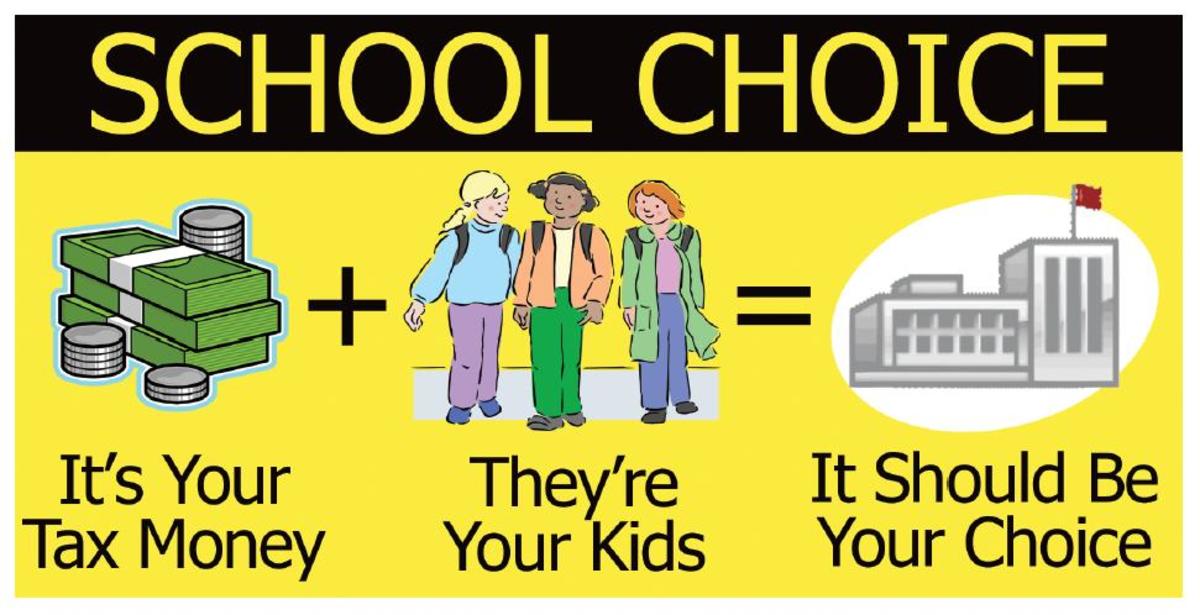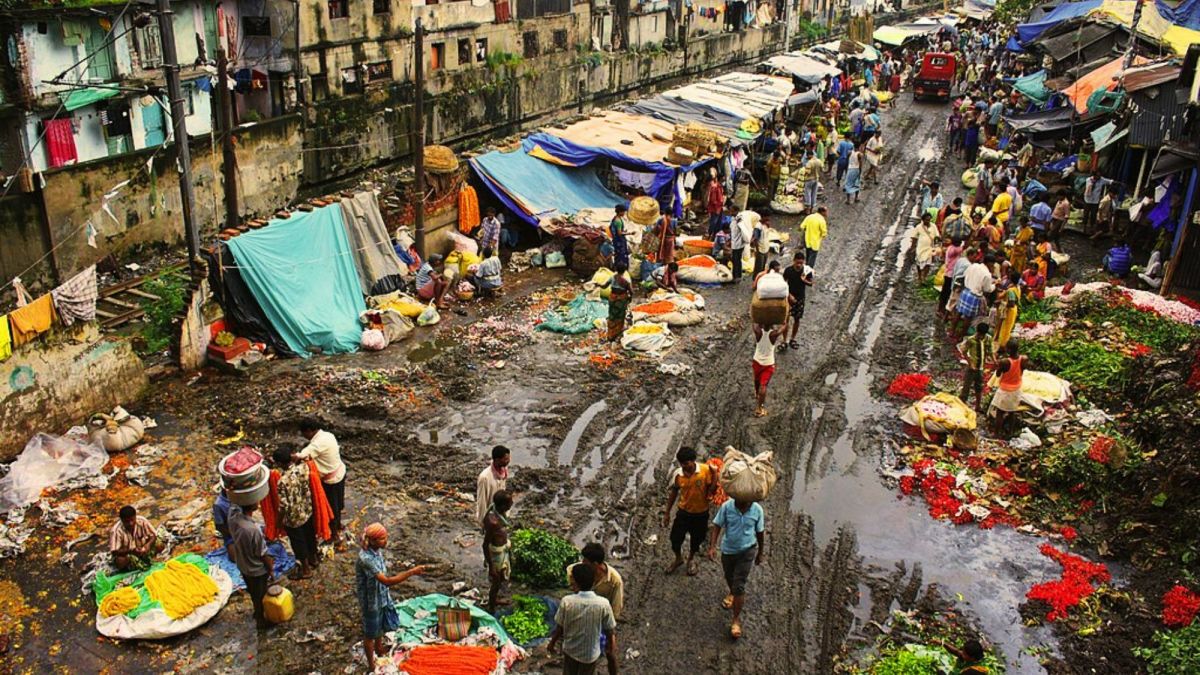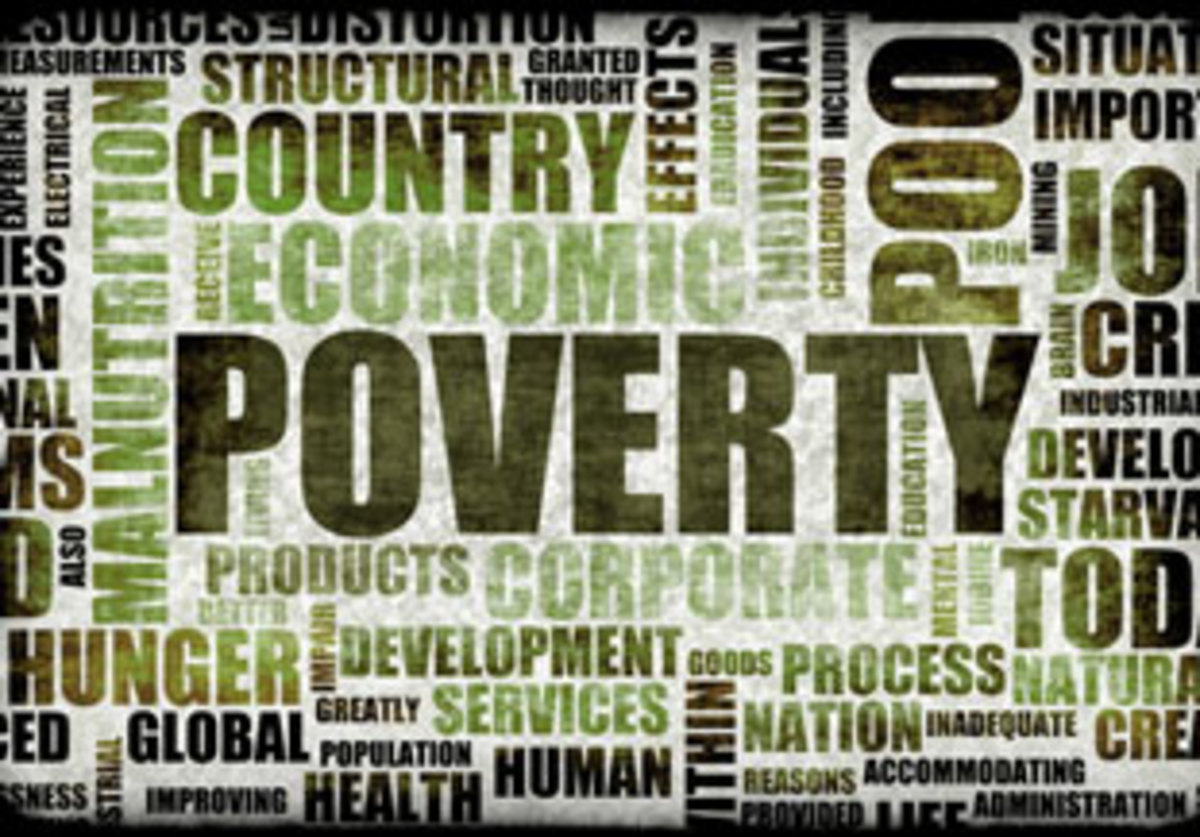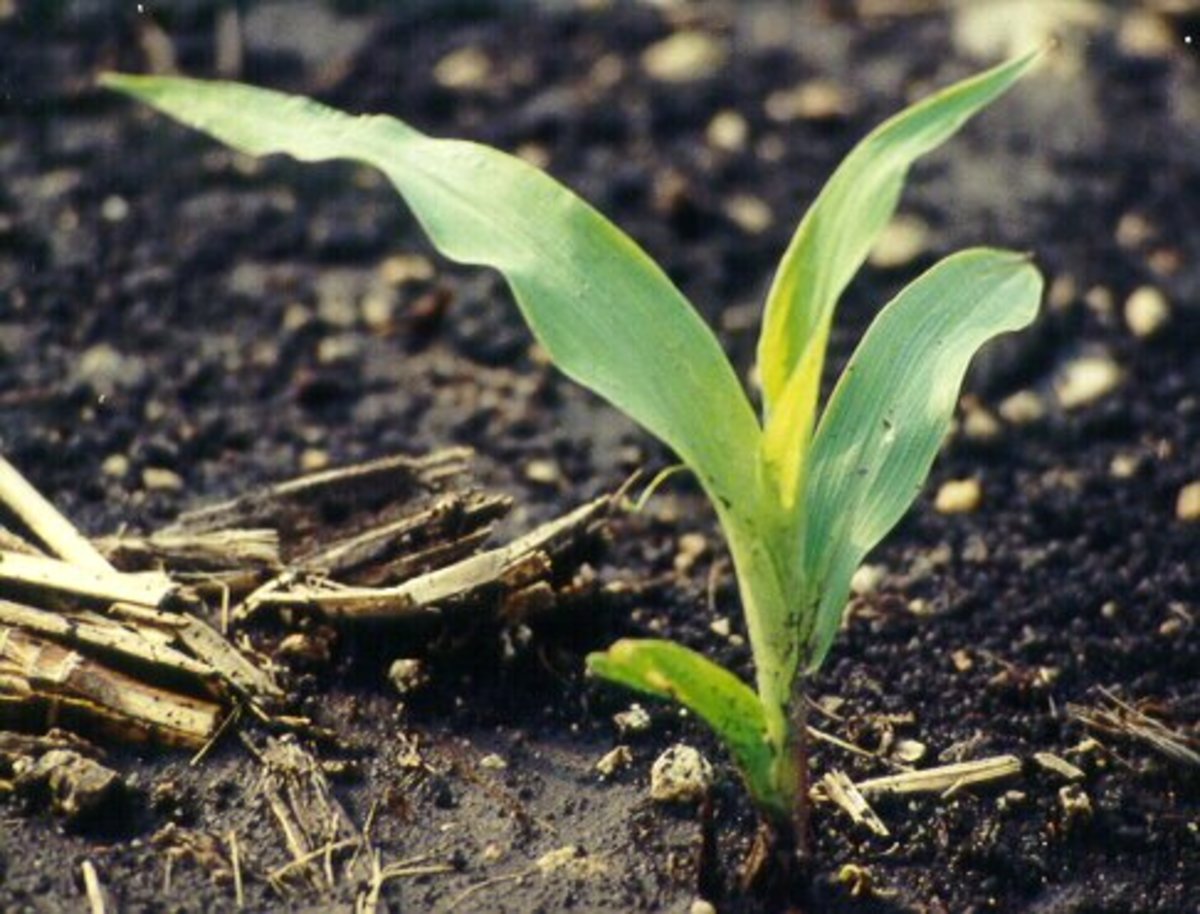About the Poor
“I've been making a list of the things they don't teach you at school. They don't teach you how to love somebody. They don't teach you how to be famous. They don't teach you how to be rich or how to be poor. They don't teach you how to walk away from someone you don't love any longer. They don't teach you how to know what's going on in someone else's mind. They don't teach you what to say to someone who's dying. They don't teach you anything worth knowing.”
― Neil Gaiman, The Sandman, Vol. 9: The Kindly Ones
Statistics on Children in Poverty
Children living in poverty have a higher number of absenteeism or leave school all together because they are more likely to have to work or care for family members.
Dropout rates of 16 to 24-year-old students who come from low income families are seven times more likely to drop out than those from families with higher incomes.
A higher percentage of young adults (31 percent) without a high school diploma live in poverty, compared to the 24 percent of young people who finished high school.
40 percent of children living in poverty aren’t prepared for primary schooling.
By the end of the 4th grade, African-American, Hispanic and low-income students are already two years behind grade level. By the time they reach the 12th grade they are four years behind.
The nation’s lowest-performing high schools produce 58 percent of all African-American dropouts and 50 percent of all Hispanic dropouts, compared to 22 percent of all white dropouts.
Less than 30 percent of students in the bottom quarter of incomes enroll in a four-year school. Among that group – less than half graduate.
http://www.dosomething.org/tipsandtools/11-facts-about-education-and-poverty-america
Why is Proper Nutrition Vital?
Jensen (2005) provides a breakdown of how essential proper nutrition is for growth.
*Sufficient protein is essential in the early years, for growing bodies. It provides synthesized dopamine and norepinephrine, both essential for quick reactions, thinking and working memory. * Minerals, trace elements, iron, zinc, selenium are essential for ensuring proper mood regulation, reduce fatigue and improve concentration. *Vitamin A, B. C and E essential for brain maintenance, protective effects, vision, strength and memory. *Essential fatty acids play an integral role in cell membrane function, and the development of the brains and eyes. *Hypoglycemia (low levels of blood sugar) has a profoundly negative effect on learning and memory in children and should be avoided.
Maslow's Hierarchy of Needs
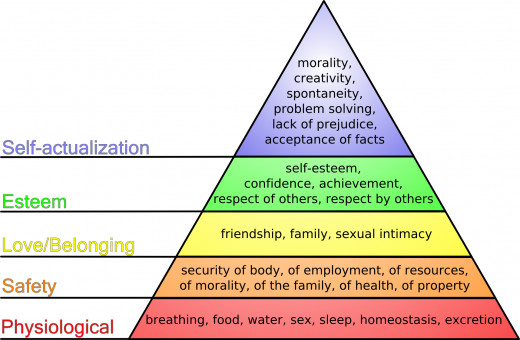
"For there will never cease to be poor in the land. Therefore I command you, ‘You shall open wide your hand to your brother, to the needy and to the poor, in yo
Poverty isn’t only the absence of food. Poverty is the lack of basic necessities. Poverty affects the total well-being of an individual, and whole families. Then, due to the shame and degradation associated with poverty, it permeates into one’s social life, thus infringing upon one’s social skills. The long term effect produces a person/s with little to no self-esteem, so copiously that they never reach their full potential.
Why does poverty exist? Poverty exists partially because of the way the world works. There is a balance that must exist, although, not all poor people need to be poor. First, some are poor because of circumstances beyond their control. For instance, when hurricane Katrina hit, It devastated the entire city. No one could have foreseen that. Banks, schools, churches were destroyed. As a result people/workers left the city. Also, people become displaced due to their neighborhoods being ravaged by war. Another example includes people who are illiterate and can’t compete in this educated world. Lastly, others choose not to work, due to reasons of their own. Children however never choose poverty.
Impoverished children can’t focus in school because they have some of the same concerns adults do. They worry about where they will sleep, what they will eat. When people are hungry, their minds are preoccupied with the thought and strategy of where to get the next meal until they get their next meal. Children are also hurting from illnesses they live with due to not having health care, they are sometimes tired from working to help provide for their family, are frail and have little energy,
caring for younger siblings, or have back problems for sleeping on hard surfaces.
Why people are reluctant to help the poor?
They think the poor brought it on themselves
If they help them, they won’t be motivated to help themselves
They think the poor prefer a handout rather than working
If they give to them, they are taking from their own family
They won’t appreciate it
They are being deceitful
They use money to buy alcohol and/or drugs
The more we educate ourselves about the poor, the more we feel free to help, and the number of poor in this country will be greatly decreased. It would truly be a more United State.
EASY WAYS TO HELP THE POOR
*Donate, clothes, furniture, toiletries to a shelter or organization
*If a poor person begs for money…give it to them if you have it even if it’s a dime or nickel.
*They are adding up every cent.
*Treat the homeless to a meal, church, a ball game, etc.
*Tell family and friends to help too. Even though churches may give – they may not give to the poor In your neighborhood or city, so give directly yourselves sometimes.
*Keep them in prayer
*When you pack a lunch for yourself or family, pack an extra one for someone else
*Give the people on the street blankets in the winter time
*Always remember, but for the grace of God, it could be you.
*Say Hello. Don’t act like they are invisible. The term America adopted from Africa, via Former President Bill Clinton “I see you”.
*Give them a job for an hour, a day, a week, a month, a year.
A Conversation with Lexy, a sixteen year old girl who lives in poverty.
How did being in poverty make you feel? I wished I had heated my food like the other kids in class
What if you had a cold sandwich? I‘d sometime heat that up so that I could have something hot to eat.
How old are you? 16
Did being in poverty affect your school work? No I don’t think so **
Did the classmates know you were living in poverty? Yes, I believe so, because many times I did not come to school. My mother didn’t have any bus fare to get me to school.
How do the class mates treat you? They treat you different.
How? They ignore me, like they’ve always done.
Do you care? (shrug shoulders) I don’t really want to be bothered anyway because I have a different mindset than they do, because of all I’ve been through
How are you now? I am scared of my future. I worry about how I am going to survive? I don’t want to get stuck.
How do you feel about adults in general? Don’t know how they get by, it’s so hard
Do you blame anyone? I blame my mom. She should have worked harder to get an education
Not your Dad? (Parents Divorced) No because he works all the time and pays for things.
Do you have a relationship with GOD? I pray for everything. I know that’s not what you are supposed to use prayer for but I do.
**Lexy attends a fully accredited, independent school, family-operated providing a college prep curriculum for students with learning disabilities in grades 4-12
“There are people in the world so hungry, that God cannot appear to them except in the form of bread.”
― Mahatma Gandhi
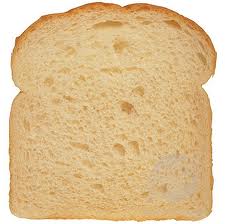

Please Take The Time To Visit VIdeo Below. Just Copy and Paste Directly into URL and Enter
Have a Blessed and Prosperous Day.
http://www.bing.com/videos/search?q=poor+children+videos&FORM=VIRE7#view=detail&mid=A4D0F8CF929AD4BC532BA4D0
VIDEO LINK: Highlight, right click and open in hyperlink or copy & paste into URL
Organizations that Assist the Poor
City Rescue Mission - http://www.crmjax.org/
Feed the children - http://www.feedthechildren.org/site/PageServer?pagename=dotorg_homepage
Feeding America http://feedingamerica.org/additional-pages/404.aspx?item=%2fhunger-in-+++++america%2fhunger-facts%2fchild-hunger-facts&user=extranet%5cAnonymous&site=cms
Salvation Army - http://www.salvationarmyusa.org/
Save the Children - http://www.savethechildren.org/site/c.8rKLIXMGIpI4E/b.6115947/k.8D6E/Official_Site.htm
UNCHR - http://www.unhcr.org/cgi-bin/texis/vtx/home
References
11 Facts About Education and Poverty in America. http://www.dosomething.org/tipsandtools/11-facts-about-education-and-poverty-america
GOODREADS. (2013) Quotes about poverty. //www.goodreads.com/quotes/tag/poverty
http://www.learning-theories.com/maslows-hierarchy-of-needs.html
Jensen, Eric ( 2009 pg. 10 ) Thinking with poverty in mind. ASCD Publications, Alexandria, VA
Jensen, Eric, (2005) Teaching with the brain in mind. ASCD . Alexandria, VA
http://www.cga.ct.gov/coc/pdfs/poverty/2004_poverty_report.pdf
File:Maslow's hierarchy of needs.png, (2013)http://commons.wikimedia.org/wiki/File:Maslow's_hierarchy_of_needs.png

